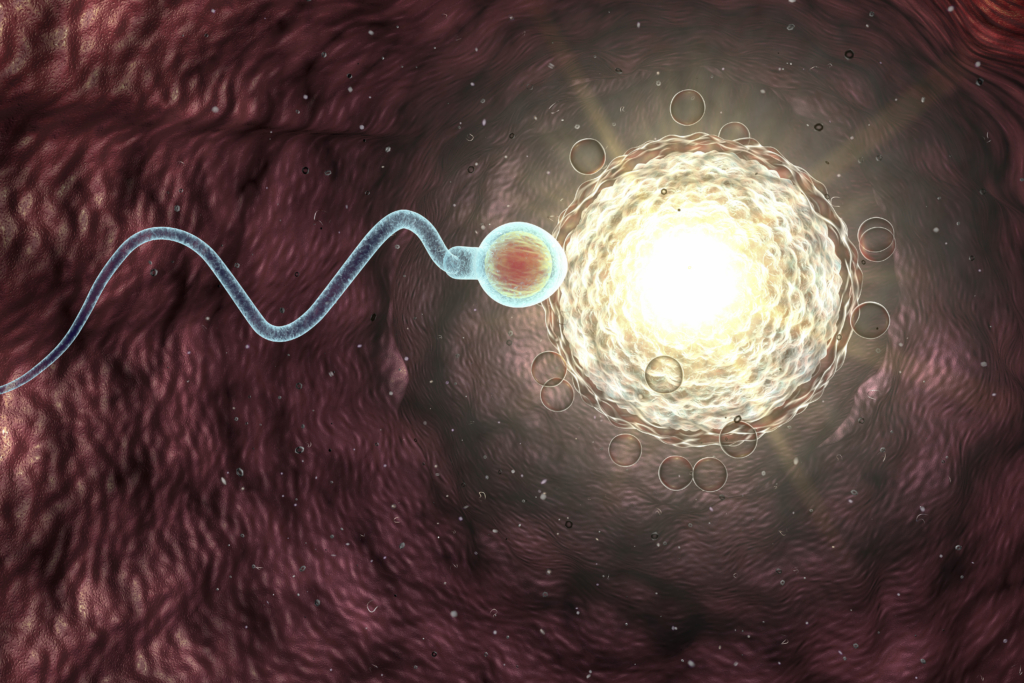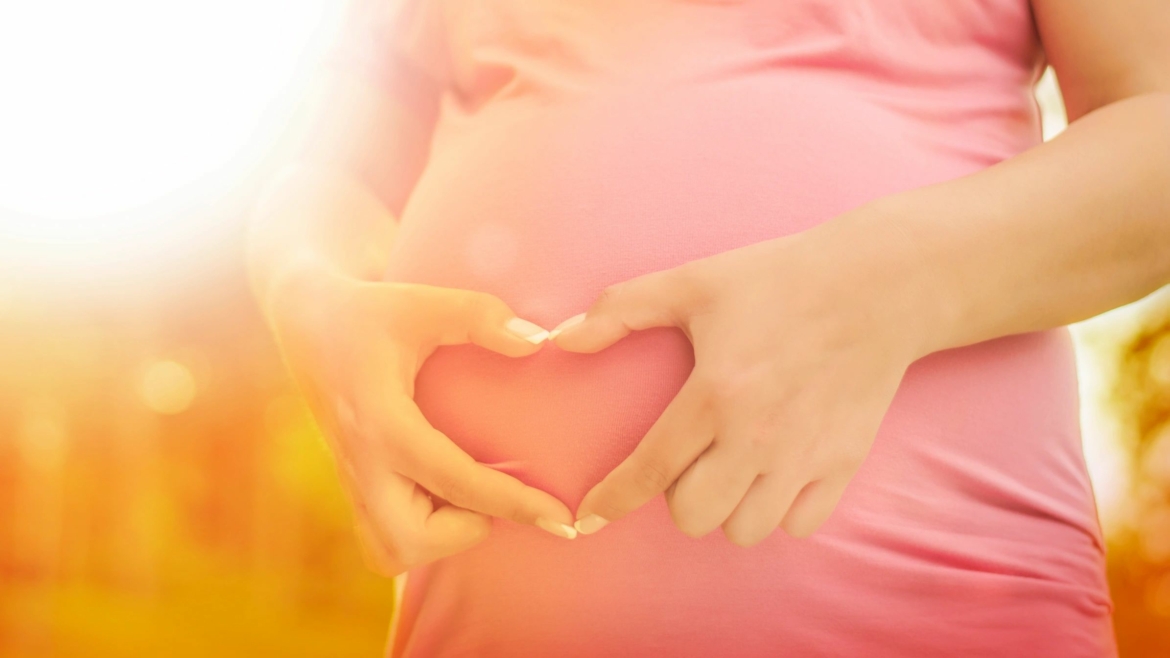Conditions that Can be Treated
Infertility (male and female)
• Services- acupuncture, electro-acupuncture, traditional Chinese herbal therapy, acupoint injection therapy, clinical nutrition
Infertility
Fertility Support: Female
Infertility is medically defined as the inability of a couple to achieve a pregnancy after repeated intercourse without contraceptives for one year. Infertility effects one in five couples in the United States and the incidence is increasing. Many factors have been identified including simple things such as people waiting longer to marry and have a child to much more complex things such as hormonal disruptors, exposure to drugs and environmental toxins, and other unknown causes.
A review of all of the published medical studies regarding acupunctures effect on women’s reproductive health was completed in 2014. After analyzing the data, researchers concluded “There is preliminary data indicating that acupuncture may improve menstrual health and coping for women experiencing delays in falling pregnant. There is experimental data showing that acupuncture can influence female reproductive functioning, although the actual mechanisms involved are not yet clarified.” https://www.ncbi.nlm.nih.gov/pmc/articles/PMC3962314/
Researchers from Weill Cornell Medical Center in New York reviewed recent studies and concluded acupuncture specifically helps to:
- Increase blood flow to the uterus, which improves the chances of an ovum implanting on the uterine wall
- Reduce anxiety and stress. The hormones that are secreted during stressful situations can significantly decrease fertility
- Normalize hormone and endocrine systems that regulate ovulation, especially in women with PCOS
- Positively affect the hypothalamic-pituitary-ovarian axis, which plays a key role in fertility
- Regulate the menstrual cycle
Further, in 2008 the British Medical Journal (BMJ) published research which concluded that acupuncture can be offered as a significant, clinically relevant adjunct to IVF, relaxing the uterus and increasing blood flow for the successful implantation of an embryo within the uterine lining.
Acupuncture for Infertility in Patients with Polycystic Ovarian Syndrome (PCOS)
Acupuncture is very effective for patients with PCOS. A 2013 study showed acupuncture treatment resulted in higher ovulation frequency in lean and overweight women with PCOS. https://www.ncbi.nlm.nih.gov/pubmed/23482444
Acupuncture is especially effective in women with PCOS who undergo IVF/ICSI. A 2017 study revealed that acupuncture may increase the clinical pregnancy rate and the ongoing pregnancy rate and decrease the risk of ovarian hyper-stimulation syndrome in women with PCOS undergoing IVF or ICSI. https://www.ncbi.nlm.nih.gov/pubmed/28077366

Acupuncture for Infertility in Patients with Endometriosis
Cochrane Reviews are systematic reviews of all of the published medical literature and are internationally recognized as the highest standard in evidence-based health care. In a recent Cochrane Review of medical studies, after reviewing all of the published medical studies, the researchers stated The total effective rate of acupuncture for endometriosis pain was 91.9%. Since endometriosis can negatively affect fertility in a number of ways, a reduction of endometriosis pain is suggested to have a positive effect on fertility. https://www.ncbi.nlm.nih.gov/pubmed/21901713
Fertility Support: Male
Half of all couples struggling with infertility issues have a component of male factor infertility, and almost 30% of infertility will be due solely to male factors. Male conditions that effect fertility are under diagnosed and under treated, and in 40% of patients, no medical cause of male infertility can be found. Further, there are limited medical options available for treating male infertility, resulting in frustration for both medical providers and patient alike.
Acupuncture has been used in China for centuries to treat male infertility. The Emperors of ancient China desired enhanced virility and demanded the ability to produce many offspring, so royal acupuncturists developed very effective acupuncture treatments (and herbal therapies) as if their life depended on it. And in fact, it did.
Modern research is confirming what the ancient Chinese knew to be true. In one animal study, rats were first treated with heat to damage their sperm production, followed by ten sessions of electro-acupuncture. Researchers concluded there was a consistent trend of improved motility, and increased number of motile spermatozoa in the electro-acupuncture treated group compared to the control group. Also, electro-acupuncture enhanced germ cell proliferation through the improvement of Sertoli cell functions. They stated “Electro-acupuncture may facilitate the recovery of spermatogenesis and may restore normal semen parameters in sub-fertile patients”. https://www.ncbi.nlm.nih.gov/pubmed/22553490
In another study, acupuncture was given twice per week for five weeks (ten treatments total) to men with poor sperm quality. After ten acupuncture treatments, the semen from the men was analyzed and researchers concluded “A general improvement of sperm quality, specifically in the ultrastructure integrity of spermatozoa was seen after acupuncture”. https://www.ncbi.nlm.nih.gov/pubmed/16009169
One thing that will improve the chances of a healthy conception is to quit smoking. The habit of smoking has been shown to reduce levels of vitamin B12. Vitamin B12 is a water soluble vitamin that plays an important role in the functioning of the brain and nervous system. Symptoms of vitamin B12 deficiency are many, but can include a reduced ability to think, irritability, depression, inflammation, poor muscle function, and decreased fertility.
Further, fathers who smoke damage their DNA and the effects are passed down to their children. https://www.medicalnewstoday.com/releases/246986.php Luckily, acupuncture can assist in smoking cessation.
A slightly dated (2005) yet still relevant discussion of the research on acupuncture and male fertility can be found at https://www.ahcmedia.com/articles/86519-acupuncture-for-the-treatment-of-male-infertility


